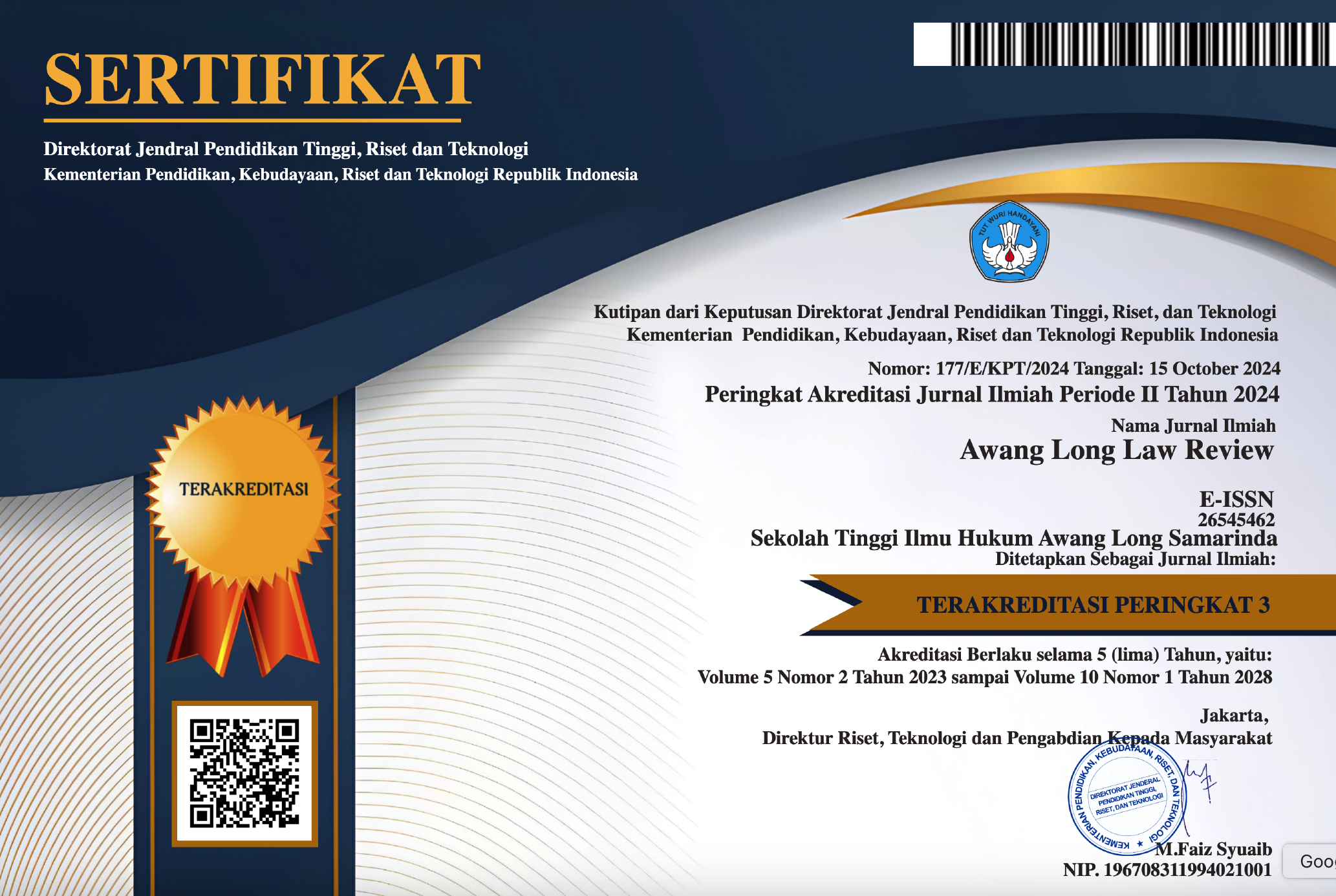PUBLIC POLICY OF SOCIAL SECURITY DUE TO COVID 19 LEGAL JUSTICE PERSPECTIVE
Abstract
Various social security policies due to the impact of the covid 19 pandemic are carried out as an effort to move the national economy and strengthen people's purchasing power, the restoration of education so that it can be better. The purpose of this study is to find out the policy of social security during the pandemic covid 19 perspective the foundation of legal justice theory. Research methods, using the type of normative legal research with the first approach of legislation (statute approach), second historical approach (historical approach), third conceptual approach (conceptual approach), and Fourth analytical approach (Analytical Approach). While the types and data sources used can be used in two, namely primary legal materials and secondary legal materials focusing on Public Policy of Social Security During the Covid 19 Pandemic Perspective of Legal Justice Theory. The findings in the study showed that various social security policies during the covid 19 pandemic. First Family Hope Program (PKH), Sembako Program Assistance (BPS), Cash Direct Assistance, Cash Social Assistance (BST), Pre-employment Card, BLT small micro-businesses, BLT Village Fund, Productive Banpres for MSME Working Capital, Employee Salary Subsidy, and electricity discount by providing electricity tariff incentives for customers affected by the Covid-19 pandemic, UKT Assistance, internet package assistance for students and students, BSU Lecturer, Pulsa ASN and Kouta are free, as well as other social protection programs. The two foundations of the theory of legal justice to social security policy due to the covid 19 pandemic show that policies in the aspects of education, business groups, communities, and employee salary subsidies, are still considered unable to embrace all elements, although using the distributive justice theory approach, let alone using affirmative justice theory that looks at equality in getting help due to covid 19.
Downloads
Copyright (c) 2022 Awang Long School of Law

This work is licensed under a Creative Commons Attribution-ShareAlike 4.0 International License.







